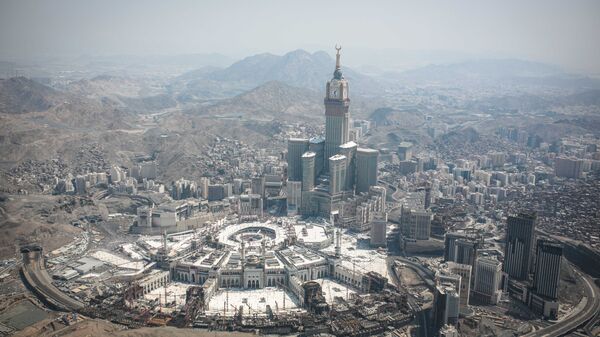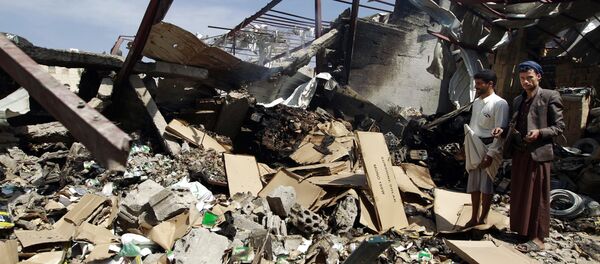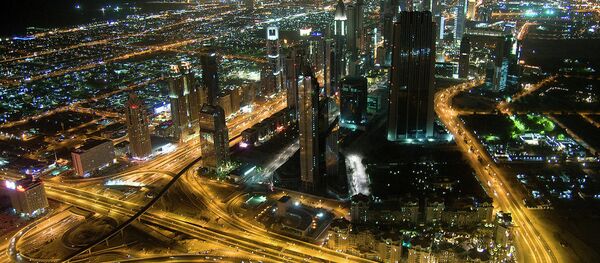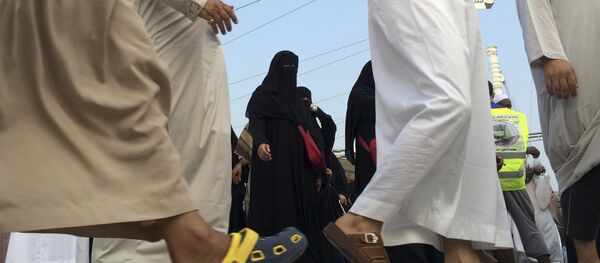While King Salman assumed the Saudi throne only nine months ago, questions have been raised about the 79-year-old’s health. Preparing for the worst, two Saudi princes are already vying for the Kingdom’s highest position.
And while this may seem like a petty internal squabble, the fact that both of these princes already hold established positions in the government means that the infighting is already causing ripples through Saudi policy.
"It’s resulting in some disturbing policies abroad and internally," said Frederic Wehrey of the Middle East Programme at the Carnegie Endowment for International Peace, according to AFP.
Crown Prince Mohammed bin Nayef is the king’s 56-year-old nephew, a Saudi interior minister, and next in line for the throne. Thirty-year-old Deputy Crown Prince Mohammed bin Salman is the king’s son, but also the head of the Saudi Defense Ministry.
While Nayef’s seniority makes him next in line, the younger Salman has "acting as if he was the heir apparent, so this obviously creates tensions," says Saudi specialist Stephane Lacroix, according to AFP.
The king’s son also has to ensure that he becomes indispensable, in the event that Nayef becomes king. The removal of Deputy Crown Prince Moqren six months ago has shown that the position is far from secure, and, without his father’s protection, bin Salman could see a similar fate.
How? Possibly by using a military campaign in neighboring Yemen.
"You could argue this whole Yemen operation was in part calculated to shore up the defence minister’s profile," Wehrey said.
The deputy prince also oversees Saudi Aramco, the government’s oil company and world’s largest petroleum exporter.
"Mohammed bin Salman is clearly amassing extraordinary power and influence very quickly," said Wehrey. "This is bound to unsettle his rivals."
Nayef, for his part, is a popular choice among not only the Saudi royal family, but also the West.
"I think they’d be shooting themselves in the foot if they cut Mohammed bin Nayef out," one Western diplomat told AFP, speaking on condition of anonymity. "He’s well-respected. He’s the one guy in the West who is trusted, particularly on counter-terrorism."
Another diplomat suggests that there would be one way to tarnish Nayef’s reputation. Given that the interior ministry’s police were in charge of security at the hajj last month, the stampede which left over 2,200 people dead could have provided an opportunity.
"They could have made him the scapegoat if they wanted to get rid of him," the diplomat told AFP.
No one expects the infighting to reach a point where the Saudi government becomes destabilized, but it’s certainly an uncomfortable example of the far-reaching influence of one of the world’s richest monarchs.





